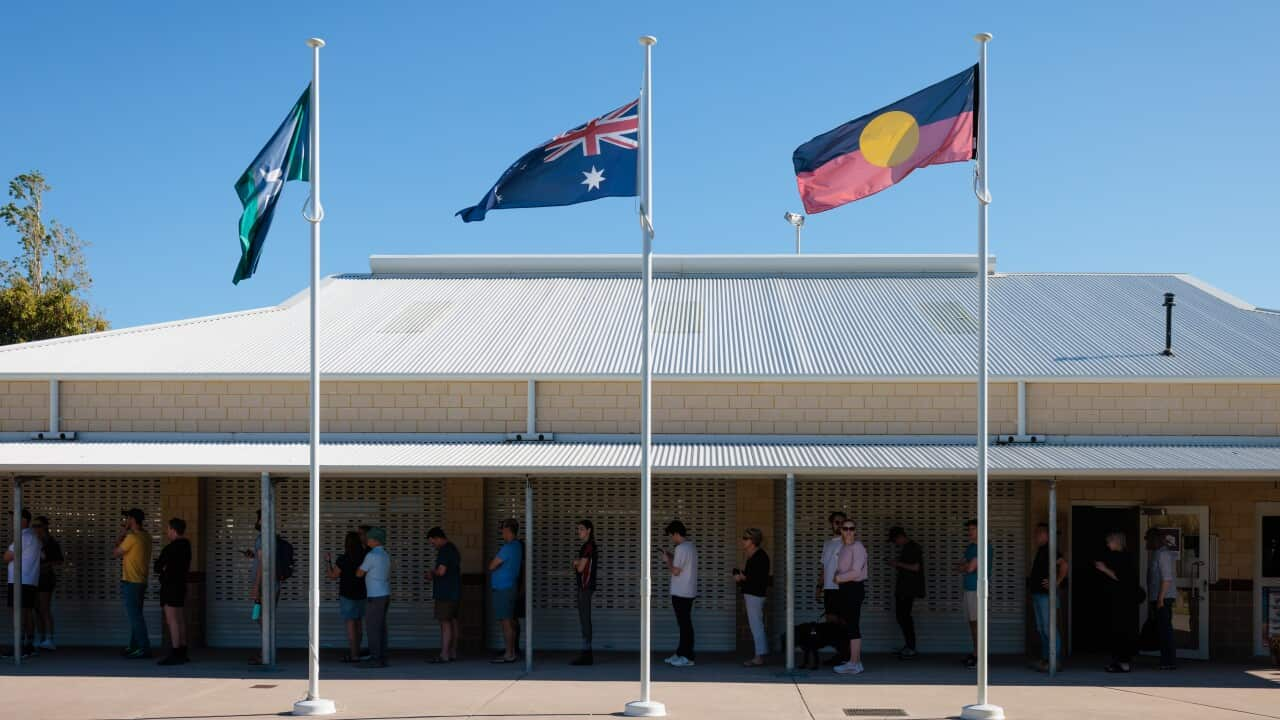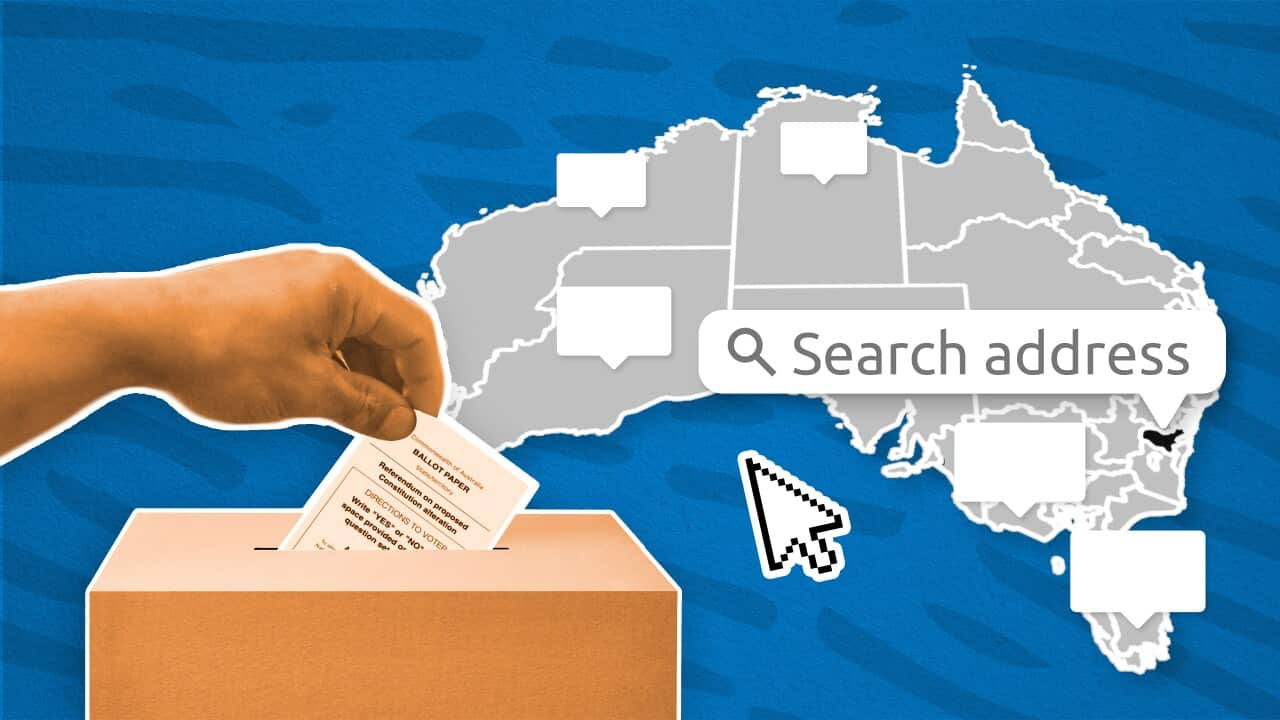Key Points
- A new survey says most Australians think Indigenous people should have a 'voice'.
- A co-author says the results raise 'serious questions' about why the Voice referendum failed.
- The Australian National University has conducted a major survey on voter attitudes.
The vast majority of Australians say Aboriginal and Torres Strait Islander people should have a "voice" on policies that affect them, despite overwhelmingly rejecting an Indigenous Voice to Parliament, according to a new survey.
But the research conducted by the Australian National University (ANU) has also found that most Australians (51 per cent) believed Indigenous people could be "just as well off" as their non-Indigenous counterparts if they simply "tried harder".
Despite Indigenous leader Marcia Langton , when more than 60 per cent of Australians and every state rejected the Voice, the ANU's survey revealed complex and arguably contradictory views on Aboriginal and Torres Strait Islander issues.

Australian Prime Minister Anthony Albanese and Minister for Indigenous Australians Linda Burney pictured on referendum night. Source: AAP / Lukas Coch
The Coalition , something it insisted had the support of a majority of Australians.
"So this raises serious questions about why the proposed referendum failed ... Our findings suggest it is not such much the premise of recognition but the model that was being presented to voters at the referendum, among other key factors," survey co-author Nicholas Biddle said.
Majority say Indigenous people should have 'voice'
The overwhelming majority of respondents (87 per cent) agreed that it was important for Indigenous people "to have a voice/say in matters that affect them" — a line often repeated by Prime Minister Anthony Albanese as he argued for the Voice.
That included more than three-quarters (76 per cent) of respondents who voted No on referendum day.
Nearly four in five respondents also wanted the government to do more to improve Reconciliation, while another 80 per cent thought Australia should "undertake formal truth-telling processes to acknowledge the reality of Australia's shared history" — a key plank of , which also called for the Voice.

Jacinta Nampijinpa Price said colonisation's current effects are solely positive for Indigenous Australians, but the majority of respondents appeared to disagree. Source: AAP / Lukas Coch
More than two-thirds (68 per cent) agreed that Indigenous people were disadvantaged today by race-based policies of the past, with a significant majority (87 per cent) believing they should be able to "decide for themselves about their way of life".
But the survey - which has tracked the views of more than 4,200 voters since January - also laid bare a number of views that are starkly at odds with the Yes campaign's rhetoric.
Compared to polling conducted by the university in 2014 on Indigenous affairs, there was an increase in the number of respondents (35 per cent) who believed Indigenous people were treated equally to others, while nearly half (45 per cent) viewed Indigenous Native Title rights as unfair to the broader population.
And more than half (51 per cent) believed that if they "tried harder, [Indigenous people] could be just as well off as non-Indigenous Australians".
The ANU will release its full results on Tuesday.










